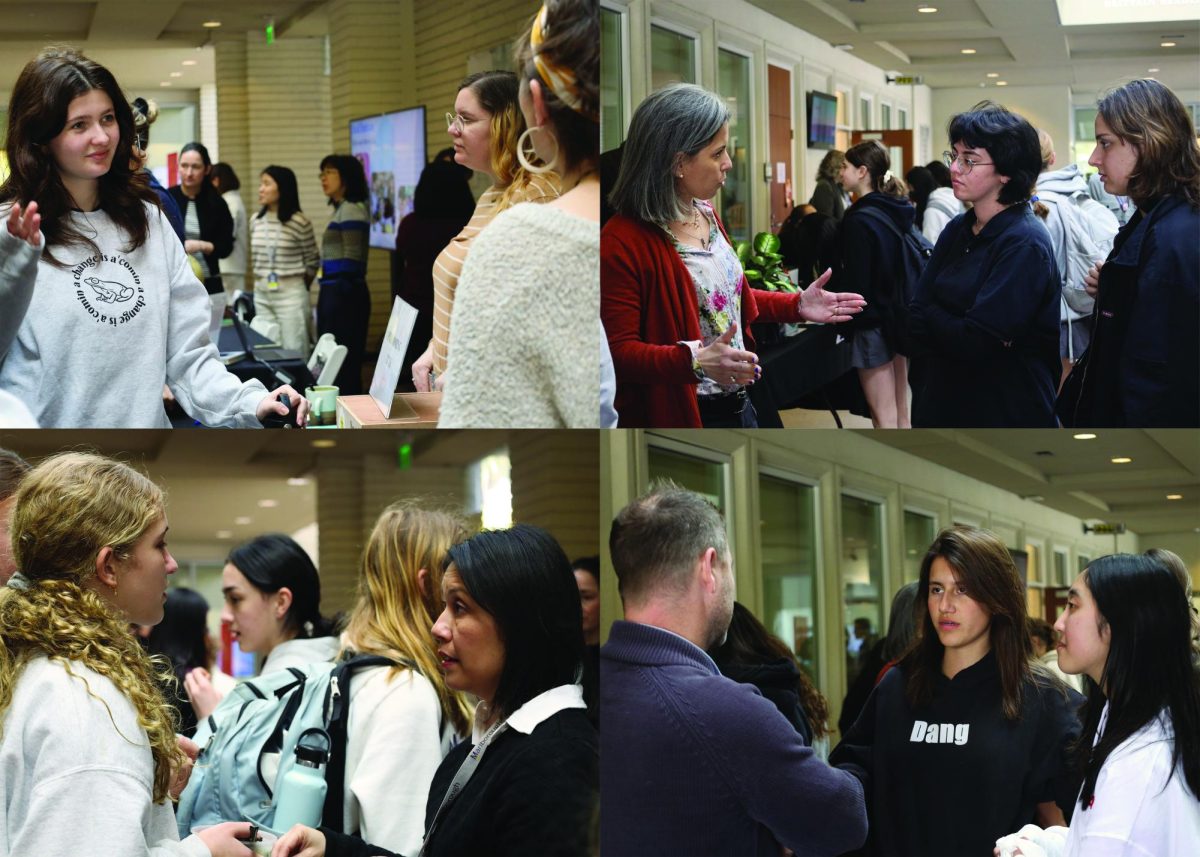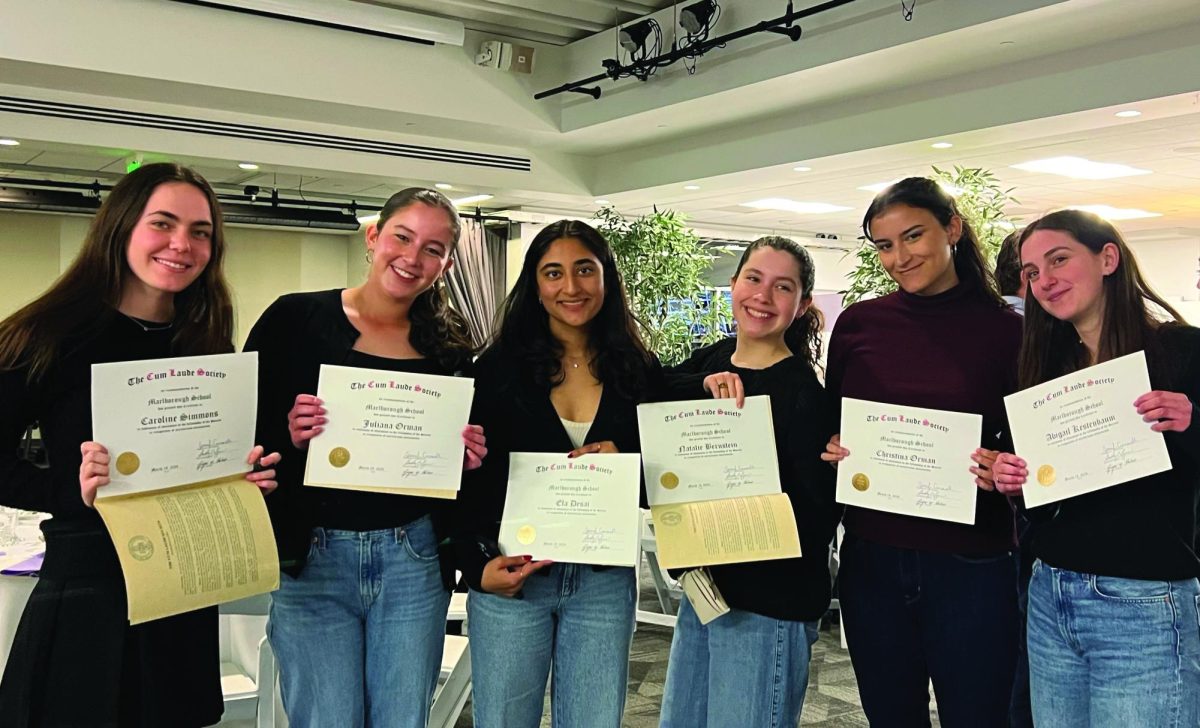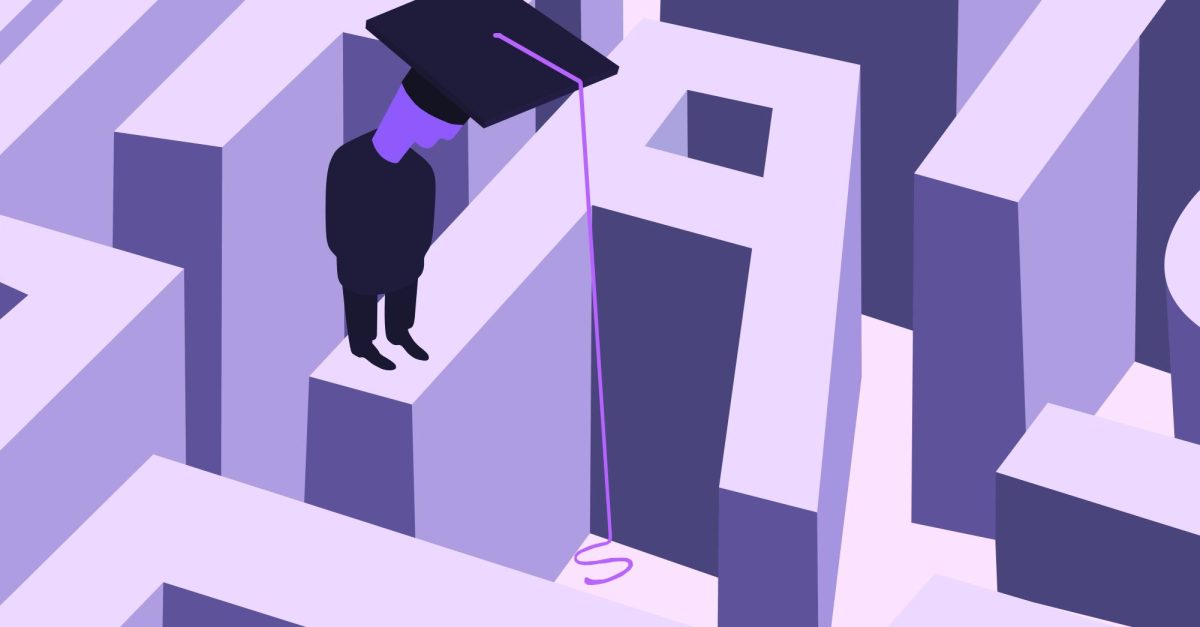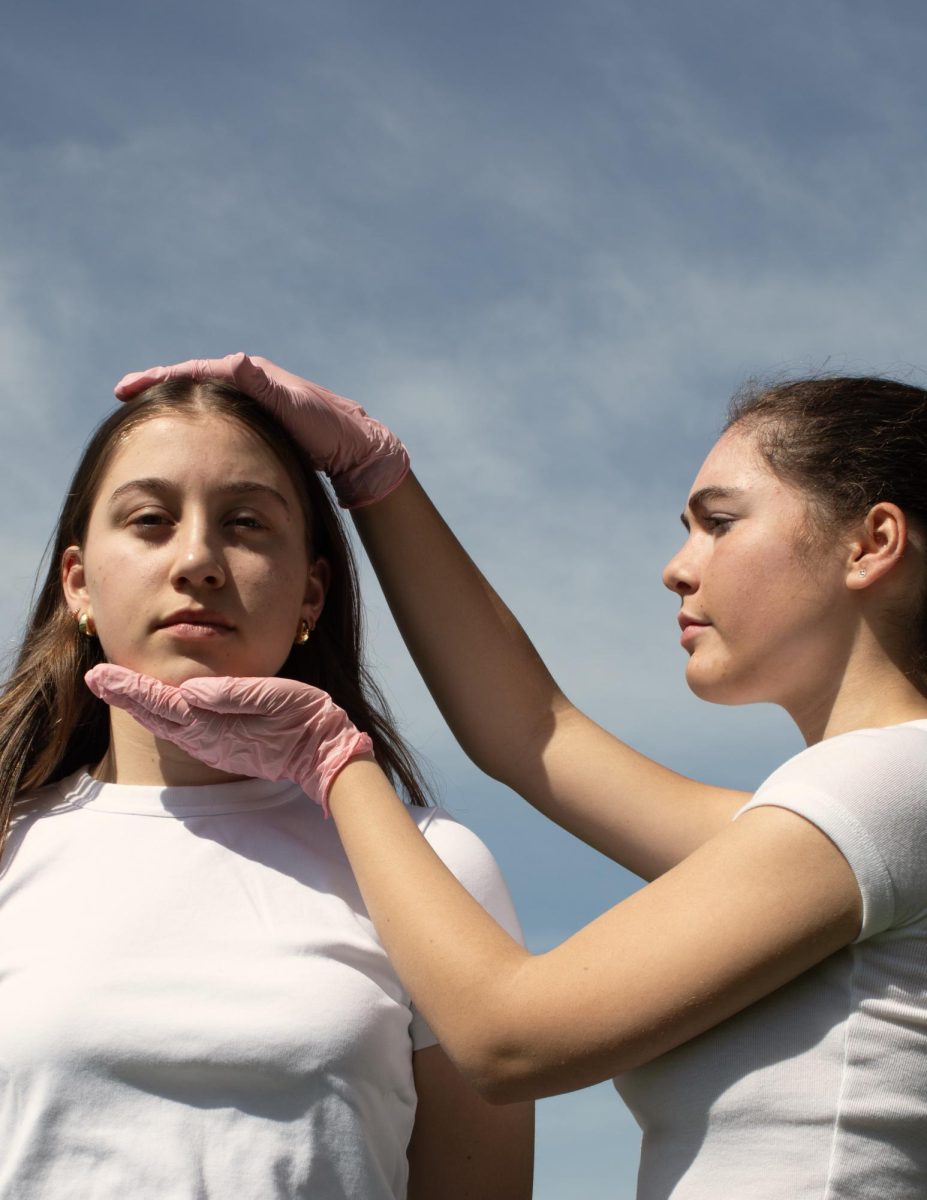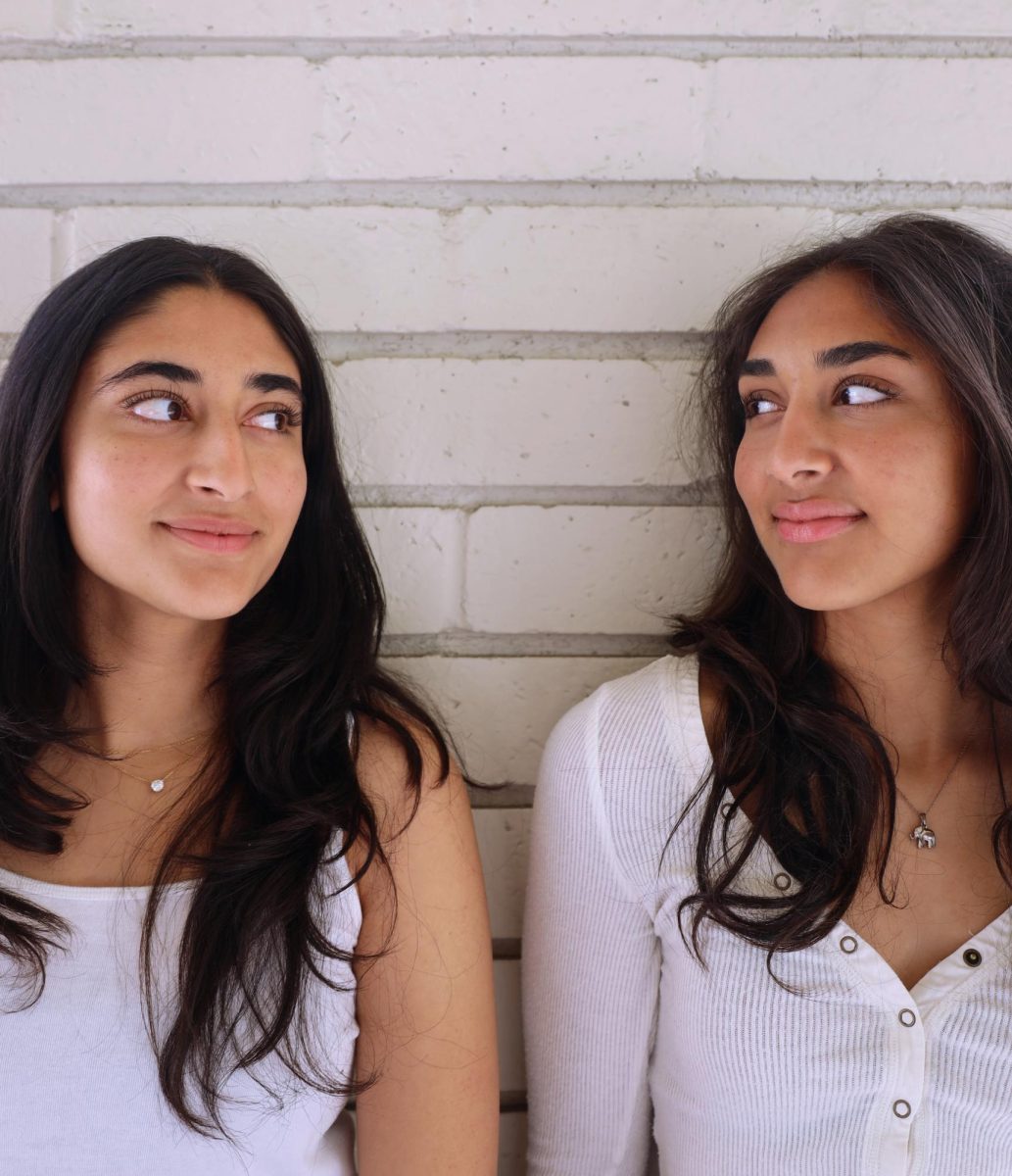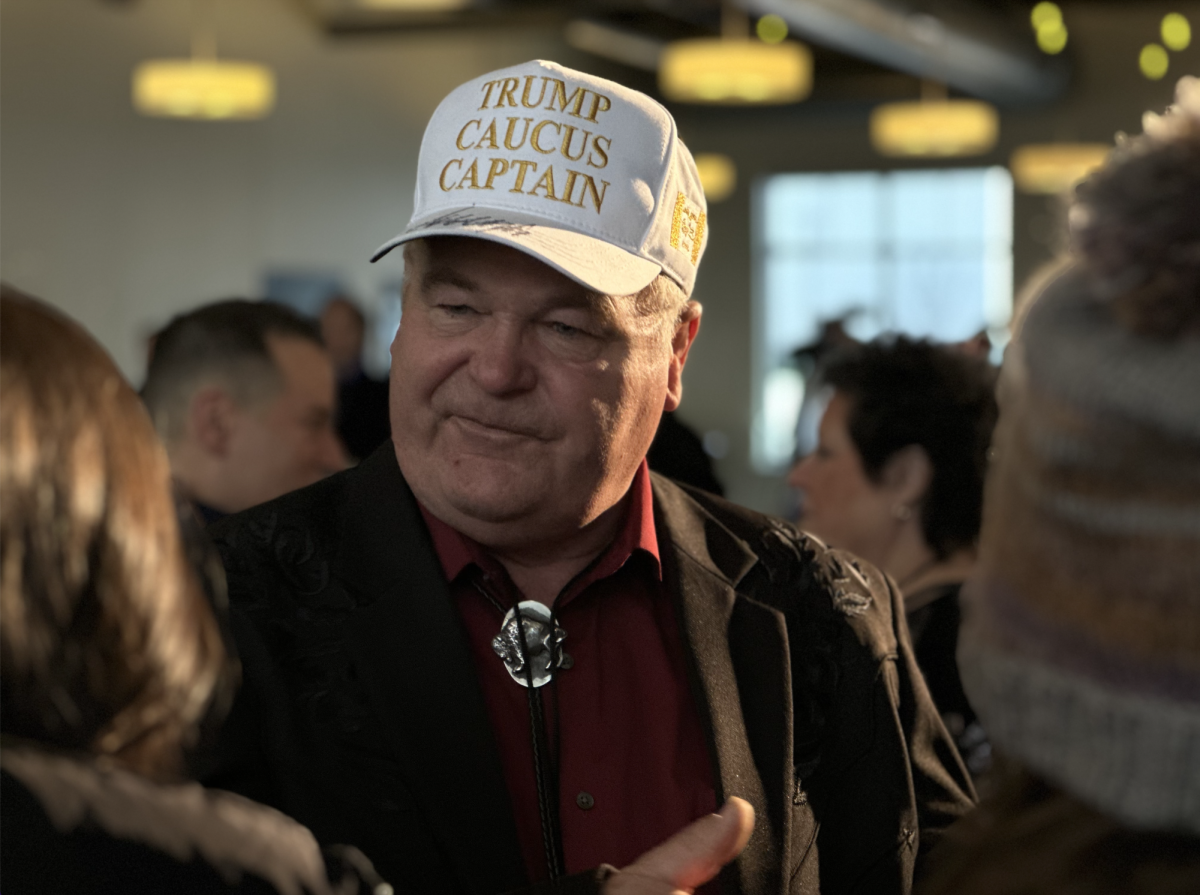
By Ashley ’16, Rachel ’15, Clarissa ’15
Earlier this school year, Maddie ’19 contracted whooping cough with a secondary infection of pneumonia. After missing two weeks of school, she did not fully recover for six weeks. Maddie’s doctor explained to her that, because she had been vaccinated, she must have contracted the diseases from someone who had not received the immunizations. Her experience encouraged her to become an advocate for vaccinations.
Maddie’s story shines a light on the central role vaccines have assumed in public discourse in the past months. Outbreaks of whooping cough in 2014 and the measles in 2015 have drawn attention to low vaccination rates, which vaccine advocates point to as the culprits for the recent surge in cases of preventable diseases. According to the Centers for Disease Control and Prevention (CDC), the current measles epidemic has reached 159 cases. Public debate concerning the role of vaccines has intensified with the tracing of the outbreak to insufficient immunization.
“While researchers have certainly speculated that low vaccine rates might be to blame for the 2015 Disneyland measles outbreak, our study confirms this suspicion in a scientifically rigorous way,” study author Maimuna Majumder, a research fellow at Boston Children’s Hospital, told Scientific American.
As the outbreak highlights the growing clusters of antivaccination throughout the country, the antivaccine movement has drawn both vehement criticism and defense.
How do vaccinations affect public health? What led to the rise of opposition against vaccines? What are the arguments for and against states and doctors mandating vaccines?
Outbreak Prevention
The recent measles outbreak has cast a spotlight on the role of vaccinations in public health. Because vaccinations can provide individuals and communities immunity from diseases, advocates of vaccines argue that they are critical to public health and point to low immunization rates as the cause of the recent measles outbreak in the United States.
The World Health Organization ranks clean water and vaccines as the two most historically important health interventions. Advances in vaccination have transformed global health.
“If we didn’t have vaccines, people would die every day from measles, whooping cough, tetanus and much more. Children would be sick from school from all sorts of diseases…Our lives would be majorly reduced,” Dr. Thomas Mack, an epidemiologist at University of Southern California, said. Mack added that vaccinations in development to prevent malaria, Ebola and HIV will save lives around the world.
Vaccinations work to prevent diseases by triggering an immune response that helps fight off future infections.
“When you give a vaccine to a person, what it does is present a foreign substance to the body for the immune system to recognize. When something that is foreign is recognized, it turns on the immune system,” Dr. Samuel S. Kim, a pediatrician at the Pediatric Associates Medical Group in Los Angeles, explained.
Kim elaborated that vaccines employ either weakened viruses or non-live fragments of viruses or bacteria, initiating a sufficient immune response to recognize and remember the infection without affecting the health of the person who received the vaccine.
In addition to providing individuals with immunity, vaccinations prevent the spread of disease through herd immunity. Herd immunity provides protection for people who cannot receive the immunization for medical reasons, such as babies or other people with suppressed immune systems.
Highly contagious diseases, such as the measles, require a vaccination rate of at least 95% to prevent an outbreak, to protect the whole population, according to the Office of Disease Prevention and Health Promotion. With opposition to vaccines seemingly on the rise, herd immunity is a central element in the discourse of vaccine advocates. Schools with unvaccinated students are at an elevated risk of outbreaks.
“The danger of a school with unvaccinated students is that somebody is going to come in and start an epidemic of a disease like measles,” Mack said.
Vaccine advocates voice that unvaccinated people pose a danger not just to themselves but those around them.
“If parents don’t want their kids to be vaccinated for religious or philosophical reasons, then they have to take on the burden of educating them at home. And in fact, I think they should take on the burden on entertaining them at home because I don’t want those kids at the movie theater or Disneyland with me,” Mack said.
Anti-Vaccine Advocacy
The tracing of the measles outbreak to low immunization rates, particularly in California, has raised questions about why parents choose not to vaccinate their children and how empirically supported their fears are.
The greatest contemporary surge in anti-vaccine sentiment began in 1998, when Dr. Andrew Wakefield and 12 co-authors published a now-retracted study that provided case studies for 12 children who had received the MMR vaccine. The study claimed, “In eight children, the onset of behavioral problems had been linked, either by the parents or by the child’s physician, with measles, mumps, and rubella vaccination.”
Although the authors wrote in their published analysis, “We did not prove an association between measles, mumps, and rubella vaccine and the syndrome described,” Wakefield was vocal in the days before the paper’s publication in his belief that the combined vaccine posed a danger to children.
As a result, vaccination rates in the UK fell abruptly, and the anti-vaccine movement gained vigor in the U.S. that has carried into the present.
Most of the medical community, however, has since discredited the claim still championed by Wakefield, who lost his medical license in the UK in 2010 for ethical violations and neglecting to disclose financial conflicts of interest in conducting his research. More recent international studies – with sample sizes in the hundreds of thousands – have not been able to reproduce Wakefield’s claims, finding no causal relationship between vaccinations and autism.
The retraction of the article, however, seems to have done little to stem the opposition ignited by Wakefield. In a 2014 National Consumers League survey, one third of parents in the U.S. with children under the age of 18 believed that vaccinations could cause autism.
“I am afraid that her big beautiful blue eyes will not focus on me anymore, and she won’t be the kid that she is,” Lucy Cadrein, a Los Angeles mom, told NPR at a protest against compulsory immunization at the California Senate.
Many pediatricians are looking to combat misconceptions about the risks of vaccination. Kim shared some of the many justifications he hears from people who oppose vaccines. He said parents worry that the introduction of foreign substances will harm their children, that vaccinations cause autism and that the government and pharmaceutical companies do not prioritize children’s well being.
“People think they know better and are smarter than the doctors. They feel they have enough evidence and have researched enough to feel that their decision and research is
better than ours…I call them excuses and not reasons, that parents use who are opposed to vaccines,“ Kim said.
Policy Questions
As opposition to vaccinations gains media attention, a debate has surfaced about policies mandating vaccines, raising questions about whether the government should allow personal belief exemptions (PBE) and whether doctors should turn away patients who refuse immunizations.
As of today, all 50 states require vaccines for children to enter public school, and many states require vaccinations for attending private schools as well. However, there are some notable exemptions. A small portion of people receive medical exemptions due to medical conditions that preclude them from receiving vaccinations. California is one of the 48 states that allow parents to abstain from vaccines for their children on religious grounds and one of 20 states that allow PBEs, which do not require parents to cite specific religious doctrine.
The rising phenomenon of opting out of vaccines through religious exemptions and PBEs poses a risk to herd immunity.
“Simply what herd immunity is is that the people around them that they live with and socialize with like their family and their schoolmates have gotten vaccinated so that they provide a buffer and sort of a safe zone, if you will, from the people on the outside who may not have been vaccinated or just from the natural occurring virus or bacteria,” Tobi L. Schmidt, Ph.D., Immune Health Educator and Consultant, said.
California has seen the rise of PBEs in many private schools, creating clusters of unvaccinated children, although the state’s overall vaccination rates remain high. As reported by The Atlantic, in some schools in Los Angeles, up to 60 to 70% of parents have filled out these forms, producing vaccination rates as low as those in Chad or South Sudan. Parents in South Sudan have trouble accessing vaccines due to an ongoing civil war, while most parents in Santa Monica can find vaccinations readily available.
The decrease in vaccination rates and the outbreaks of preventable diseases, such as whooping cough in 2014 and measles in 2015, have led to a rise in the movement to mandate immunizations.
In the wake of the current measles outbreak, 14 states, including California, have proposed bills in their state senates to eliminate PBEs. California lawmakers have written a bill that would also eliminate religious exemptions and only allow children with medical reasons not to be vaccinated.
Opponents to the bills evoke arguments of freedom of religion and freedom of choice.
“I think that everybody should be able to make their own choice,” Cadrein told NPR.
Many doctors, however, have emphasized that these decisions not only affect the child who does not get vaccinated, but endangers others around them. Doctors face the dilemma of whether to require vaccinations at their practice or risk turning patients away to doctors who will validate their fears.
“We decided that the patients who are not vaccinated are presenting clear and present danger…It just wasn’t fair for a small number of patients to put those many patients, who either couldn’t be vaccinated because they’re too young or had a weakened immune system, at risk,” Dr. Charles Goodman, a pediatrician in Northridge who has decided not to accept new unvaccinated patients, told The Los Angeles Times.

